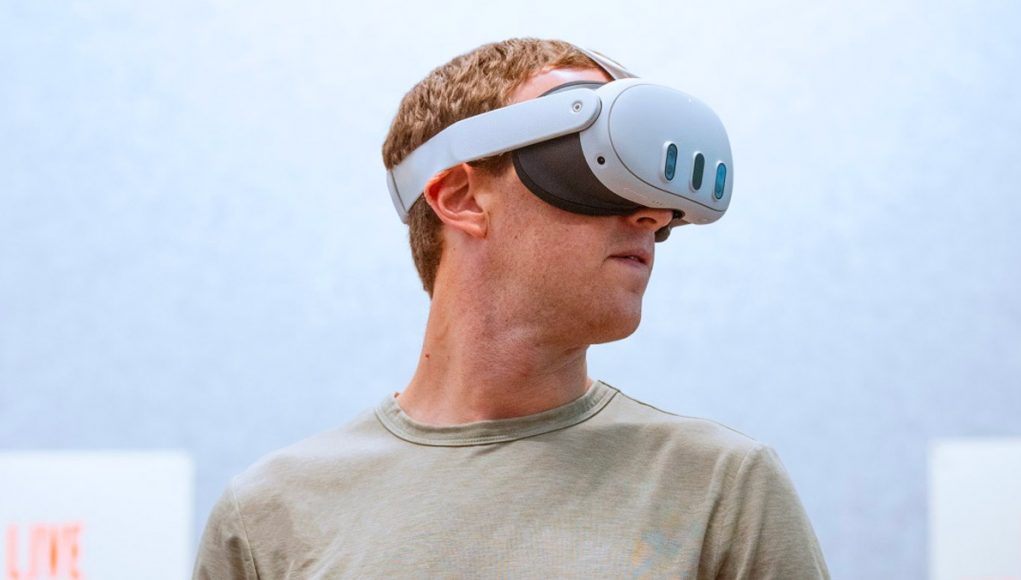According to a report from The Information, Google and Meta held a meeting late last year wherein the two companies discussed the possibility of bringing Android XR to Meta headsets. While it’s said Meta rejected the partnership, which would potentially allow Quest headsets to run standard Android apps, Google is allegedly still open to the idea.
Quest already runs an open-source version of Android, although Meta’s headsets don’t have the sort of access to standard Android apps built for mobile devices like Apple Vision Pro does with content developed for iPhone, which boasts over 1.5 million iOS apps in addition to over 1,000 native Vision Pro native apps.
Such a deal would make Meta more competitive with Apple in the near-term by allowing users wider access to Android apps not built for XR, however it would require the company to give up a good deal of control over its platform.
The Information maintains a such a partnership may stop Meta from “own[ing] the next computational platform for AR, VR and mixed reality,” which would also involve Meta contributing to the development of Android XR instead of more directly controlling its platform like it does today.
And as with all things Android, Google has has more than just a potential Meta partnership in mind, as it’s expected the company wants Android XR to fill the same role for XR headsets as its mobile operating system does for smartphones. It needs external hardware partners to do this though, since the company has shuttered a number of recent XR hardware projects in addition to entirely giving up on Google Daydream platform in 2019.
To boot, Samsung announced early last year it was working with Qualcomm and Google on its own headset, which means we can expect some form of Android XR there first. Additionally, it was reported last summer that South Korean tech giant delayed the still unnamed XR headset to make it more competitive with Vision Pro.
Meanwhile, Meta has partnered with LG to ostensibly manufacture the next wave of Quest headsets, which reportedly could be both a high-end Quest Pro 2 as well as a cheaper headset.







